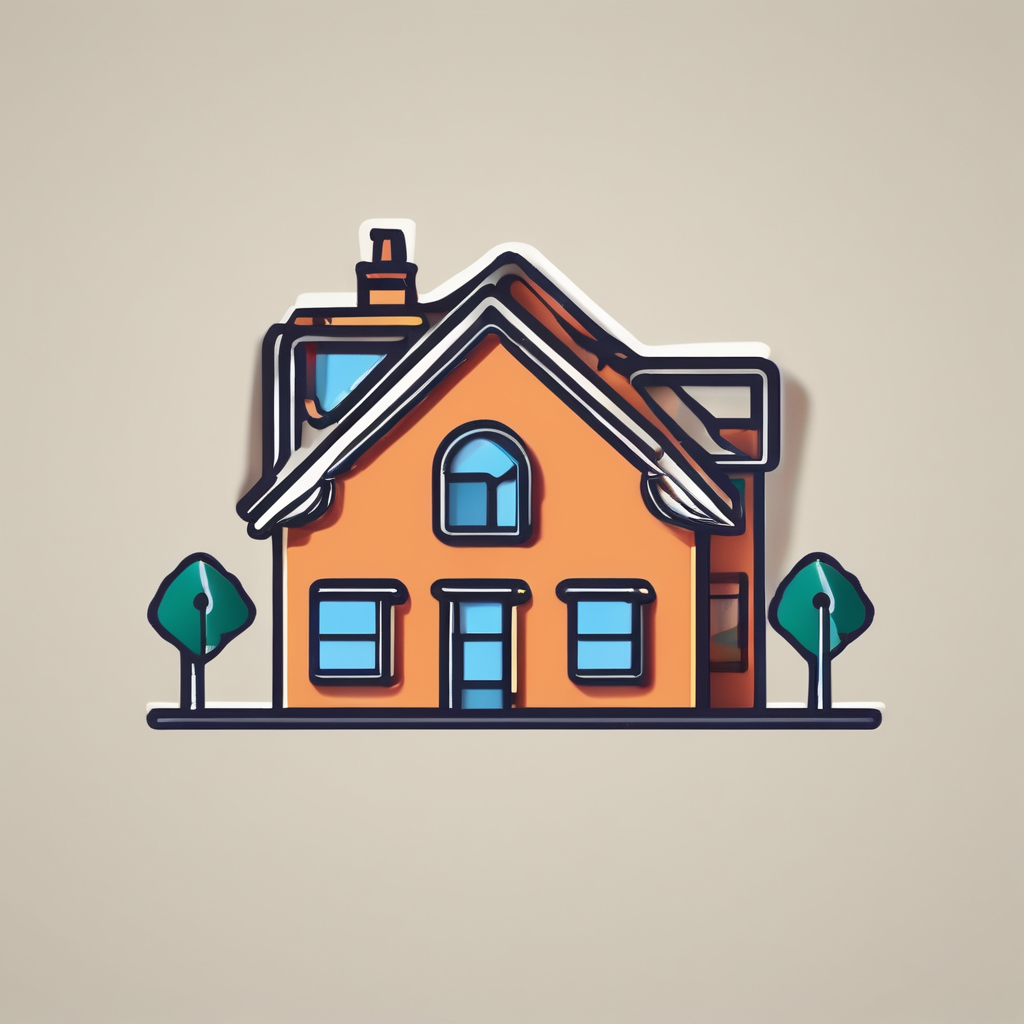List of the Most Uncommon Household Chores People Dislike
Some unusual household chores stand out due to their infrequency and challenging nature. These rare chores often escape regular cleaning routines but can be surprisingly frustrating or tedious when they arise. Their uncommon status contributes to their reputation as the least favorite home tasks.
Many are overlooked because they require specific tools, time, or physical effort beyond daily tidying. For example, cleaning air vents is a rare chore involving dust buildup in hard-to-reach places that affects air quality but rarely appears on cleaning schedules. Similarly, emptying and cleaning the dishwasher filter, though not commonly discussed, is essential to maintaining appliance efficiency.
Also to discover : How can you choose the right color scheme for a UK home?
Other unusual household chores include washing window screens, which involves removing and scrubbing each screen, often outdoors. Cleaning behind large appliances such as fridges or ovens qualifies as a rare chore, given space constraints and effort required. These tasks tend to be postponed and disliked for the inconvenience and extra labor involved.
In all, the least favorite home tasks generally share qualities of being physically demanding, time-consuming, or out of sight and mind during standard cleaning. Addressing these infrequent obligations can improve household hygiene and function, despite their notorious unpopularity.
In parallel : How can UK residents optimize small spaces for functionality?
Why These Uncommon Chores Tend to Be Disliked
Uncommon chores often trigger strong chore aversions due to several intertwined factors. Primarily, the difficulty and unpleasantness of these tasks make them less appealing compared to routine cleaning. Tasks like deep-cleaning a refrigerator or scrubbing grout demand extra time and effort, which can feel overwhelming in busy households.
Psychologically, people tend to avoid chores that evoke feelings of inconvenience or discomfort. These emotions stem from the interruption of daily routines or the anticipation of tedious and messy experiences. For example, a family member shared that cleaning the attic stalled for months because the space was cluttered with old, dusty items provoking anxiety and procrastination.
Emotional resistance also comes from a perceived lack of immediate reward. When chores seem thankless or the results less visible, motivation drops. This is why many postpone less frequent chores, reinforcing a cycle of avoidance.
Understanding these reasons for disliking chores allows us to approach them with empathy and practical strategies. Recognizing the emotional hurdles behind avoiding household inconvenience helps in creating solutions that reduce dread, like breaking tasks into smaller steps or scheduling them when energy is higher. This mindful approach can transform chores from burdens to manageable duties.
Expert and Survey Insights into Uncommon Household Chores
Small text
Experts and recent household chore studies reveal that certain chores consistently rank as the least popular or most avoided. These include tasks like cleaning gutters, washing windows, and organizing storage spaces. According to cleaning habits research, nearly 40% of respondents reported procrastinating on these chores, either due to their physical demands or lack of immediate visibility.
Expert opinions suggest that the unpopularity of these chores stems not only from inconvenience but also from limited awareness of the impact neglecting them can have. For example, clogged gutters may lead to costly repairs, yet they remain a neglected task. Moreover, cultural and lifestyle differences significantly influence how chores are perceived. In some cultures, outdoor maintenance is outsourced or shared differently, making these duties more or less common at home.
Additionally, studies highlight that remote workers tend to prioritize tidying visible living areas over less conspicuous tasks such as deep appliance cleaning. This trend underscores how daily routines and living arrangements shape chore prioritization. Understanding these nuances through cleaning habits research and expert opinions can help households tackle overlooked chores more effectively and reduce overall chore-related stress.
In-depth Examples: The Most Frequently Cited Uncommon Chores
Often overlooked but particularly challenging, niche household tasks like cleaning gutters and downspouts top the list of specific disliked chores. These tasks demand physical effort and can pose safety risks, making them especially daunting. Removing debris ensures water flows freely, preventing costly damage.
Defrosting freezers, especially deep freezers, ranks high among cleaning challenges. Ice buildup reduces efficiency. Regular defrosting extends appliance life and maintains food quality. Although tedious, setting a schedule minimizes the hassle.
Another unwelcome chore is descaling faucets and showerheads. Hard water deposits clog fixtures, reducing flow and causing stains. Using vinegar or commercial descalers tackles this issue effectively.
Dusting behind heavy appliances or furniture is a niche household task requiring effort and sometimes moving bulky items. Neglect leads to dirt accumulation that affects air quality and can attract pests.
Cleaning exterior windows on upper floors represents a safety and accessibility challenge. Using extendable tools or professional help can reduce these risks.
Replacing HVAC filters regularly improves air quality and system efficiency—a critical but often ignored cleaning challenge.
Lastly, managing pest prevention, such as checking crawl spaces, involves vigilance to avoid infestations. This niche task supports long-term home health and comfort.
These specific disliked chores demand attention despite their challenges, offering substantial benefits when maintained properly.








